The benefits of glutamine for bodybuilders
Glutamine is one of the 20 amino acids needed by the human body. It is the one that is most present in our blood and other somatic fluids. It plays a very important role in supporting our immune system. It also contributes to the maintenance of the integrity of the intestinal wall and the acid-base balance of the body. In addition, it participates in the production of endogenous glucosamine which is responsible for the repair of cartilage and tendons.
However, this remains a secondary role of glutamine. And of course, like all the different elements of the human body, a lack or excess of glutamine can lead to dysfunction. As you read on, you will discover all the necessary information about this amino acid: from its history to its roles, from its use to its dosage.
Contents
What is glutamine?
Glutamine is the most abundant amino acid in the blood and in the muscles. However, it is not considered an essential amino acid. In fact, the body itself is able to synthesize it from a number of foods. This does not mean that it is not useful. On the contrary, it has other important roles.
Glutamine is an amino acid. As a reminder, amino acids are the essential components of proteins. They come from our food, or, for some, can be synthesized by the body. This is the case of glutamine, synthesized from glutamate. This is why it is said to be a non-essential amino acid.
Like the twenty or so other amino acids in the human body, glutamine plays an important role in the metabolic activities of the human body and is necessary for its physiology (natural functioning).
With the formula C5H10N2O3, glutamine exists in two slightly different forms: L-glutamine, and D-glutamine. Glutamine is the most numerous amino acid in the bloodstream (the so-called free amino acids). In addition, it is one of the essential constituents of muscles.
As a free amino acid, it has many roles, particularly on the immune system: it will help reduce the intensity and number of infections. It is useful to the digestive system: by promoting the development of intestinal flora, it helps to improve intestinal function. This results in better transit. Their presence in the blood in sufficient quantity relieves patients suffering from irritable bowel syndrome by reducing diarrhea.
But glutamine, like many glutamine-based dietary supplements, has other roles directly related to physical activity. This is what will lead us to discuss glutamine supplementation during bodybuilding.
Glutamine is essential for muscle growth and repair of muscle tissue and cells. Excessive training, as well as infection or surgery, can deplete free amino acid stores. This will result in cramps at the very least, and problems with muscle recovery. Supplementation will restore the glutamine level in the blood and thus prevent overtraining.
Finally, by combining with glucose, it will be useful for the synthesis of glucosamine, necessary for the repair of tendons and joints.
History of glutamine studies
The history of the quest for glutamine has had three main stages. It began in the mid-fifties when two animal experiments and a preliminary clinical trial were successful. Scientists found that glutamine, when present in favourable amounts in an alcoholic, could calm the cravings for alcohol. However, there was no follow-up.
Around the 1980s, other research mentioned that glutamine would be able to prevent neurodegenerative disorders. That is, it may have a role in mood modulation. Indeed, glutamine is the precursor of neurotransmitters called glutamates. But this time, too, the researchers have abandoned the studies they conducted.
It was not until the 1990s that real experiments were developed. It was only in the 1990s that real experiments were carried out, and enteral or parenteral glutamine supplementation began to be used in patients with severe trauma. This was done in people in intensive care. In the same decade, glutamine was also found to have ergogenic properties. Since then, various products containing glutamine have been made available. These are the result of further research and the products themselves are intended for athletes, sportsmen and bodybuilders.
The roles of glutamine in the human body
Protein synthesis, immune protection, maintenance of the integrity of the intestinal wall and the acid-base balance of the body are the functions of glutamine. This means that it plays an important role in supporting the immune system.
At the level of the immune system
Due to severe inflammation or injury, the body may automatically break down its protein stores to mobilize other amino acids. In fact, the need for glutamine is much higher than the production after severe injuries or surgeries. This is why high-protein diets are prescribed at these times so that the body can recover. It can be said that the immune system is at great risk if its glutamine volume is too low.
What's more, its role in intestinal health has a major impact on the immune system. As many bacteria live in the intestines, this could affect our hygiene. Glutamine is therefore responsible for providing these intestinal cells with the energy they need.
But that's not all: it also helps maintain the intestinal barrier, so that the contents of gastric emptying don't spread to the rest of the body. This helps prevent leaky gut syndrome. To put it simply, by protecting alanine tissue, glutamine prevents any harmful substances from spreading to the rest of the body.
In sports performance
Although it is classified as "non-essential", glutamine can be a great boost for athletes. It helps in the recovery after physical exertion and fights against catabolism. (Phase of metabolism characterized by the degradation of organic compounds and the release of energy). It also plays a very important role in the case of intense and long-lasting efforts. Indeed, glutamine participates in the optimization of the energy supply by improving the synthesis of proteins. It is indeed a vital element for growth muscle fibres. This amino acid thus prevents muscle deterioration.
How do I use glutamine?
As we have seen above, glutamine plays important functions despite being classified as "non-essential". Let's take a look at its uses in order to take advantage of its roles. Note that the uses we will detail below are mostly oral.
In classical medicine
Glutamine is used as a dietary supplement for people who have undergone severe trauma or major surgery. The same applies to those in intensive care. A sufficient dose is given to them by enteral or parenteral route. This greatly reduces the risk of infections due to glutamine deficiency.
Prevention of overtraining syndrome
As explained by pharmacist Jean-Yves Dionne, the overtraining does not only affect athletes. It can occur in any type of person. It is the physiological state that occurs after intense physical effort or excess stress. It happens when the body does not succeed in rebuilding itself. It is therefore essential to avoid trying to outdo yourself with intense exercise and rigorous training.
As little stress as possible is also highly recommended. This causes antioxidants such as glutathione to deplete. A good diet ensures that the antioxidant enzymes are replenished. However, this is not enough if the body is continually exhausted. Therefore, it would be ideal to maintain a healthier lifestyle that allows the immune system time to recover.
You can identify overtraining from symptoms such as recurring colds, unexplained fatigue (i.e. you feel tired, but you don't know why). Less restful sleep is also one of them. If you have any doubts, you can easily recognize it by the opposite results of improved alertness and performance. This can happen as a result of a series of intense training programs and exercises without sufficient recovery.
One study concluded that taking 5 g of glutamine immediately after exercise and two hours afterwards greatly reduced the risk of contracting an infection in the days that followed. The role of the glutamine level in the blood is still to be determined.
Improved physical performance
Clinical trials have shown that when mixed with creatine (a substance with ergogenic effects), glutamine can in turn become an ergogen. People who play sports that require more physical effort than normal are advised to follow a diet that provides sufficient glutamine intake.
Medical use
People with AIDS or those undergoing cancer treatment are generally subject to cachexia (extreme thinness) due to decreased appetite and impaired nutrient absorption. However, studies have shown that when combined with antioxidants or other amino acids, glutamine limits weight loss.
Glutamine supplementation has also been shown to reduce aphthous stomatitis. (An inflammation of the mouth accompanied by mouth ulcers) in people undergoing chemotherapy.
Taking a glutamine supplement would also have an anticonvulsant virtue, i.e. it has anti-epileptic effects.
When should I take glutamine?
For stable hydration during bodyweight exercise, the same dose (5 g) of glutamine and BCAA is recommended before, during and after training. At the same time it improves your physical capacity. A study has shown that taking 5 to 10 g of glutamine during or immediately after physical exertion prevents a decrease in the immune system.
How to take glutamine and where to find it?
As mentioned above, the body naturally produces glutamine. But a deficiency could occur if the person's daily activities require a lot of physical effort. The same is true for people experiencing physiological stress or even trauma as a result of an accident that resulted in serious injury or an illness that required surgery. It is at these times that monitoring glutamine levels is advisable because a deficiency can cause other conditions on the immune system. You can find glutamine in different forms. Glutamine capsules and tablets are the most widely available. You can take them just like you take your medication. But you can also find it as a powder that you mix with a little liquid. Unfortunately, this form is not very soluble. On the other hand, it is more or less easy to find them as protein supplements.
The one I recommend is the following: L-Glutamine Kyowa Quality™ 300
In addition, it is quite possible to gain glutamine levels from your own nutrition. Moreover, this is a more or less natural way, so it is still the most advisable. You can find it in spinach, raw parsley and miso. But meat, fish, dairy products, cereals and legumes and oilseeds are the right food sources of glutamine. Remember that dietary supplements are not essential to progress.
Do you want to build up your muscles?
Other articles to read :
How to successfully gain muscle mass?
Mono diet in bodybuilding: good or bad for your health?
Why is muscle recovery more important than training?

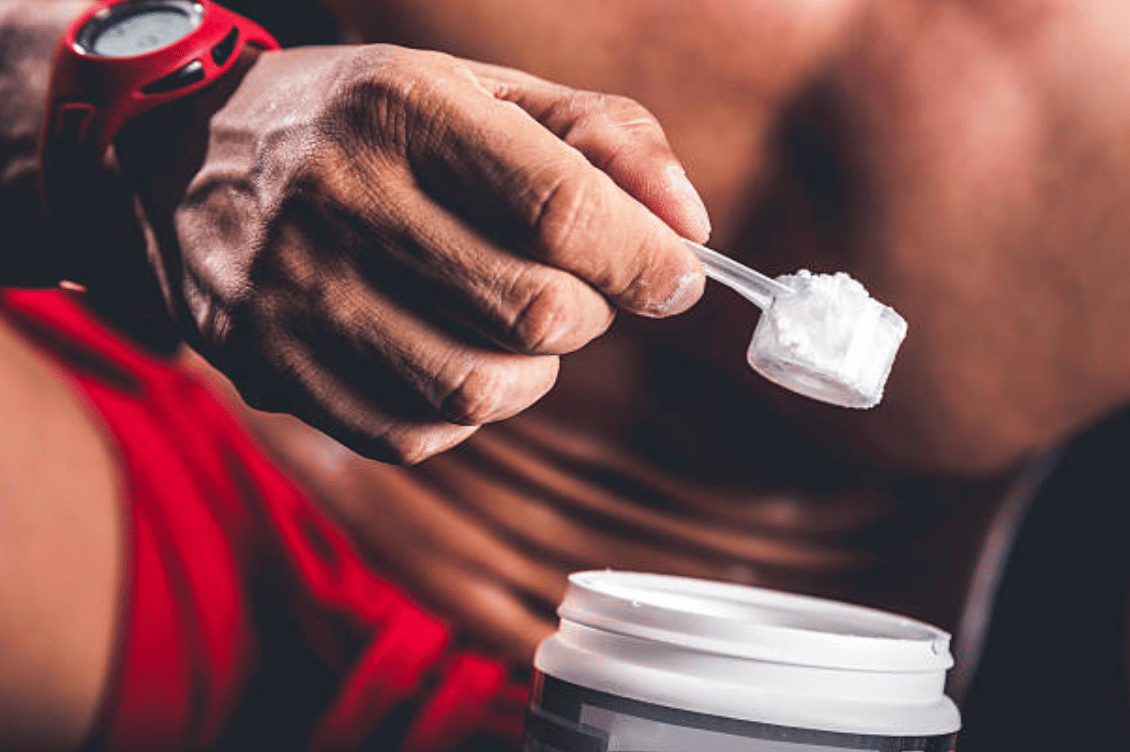
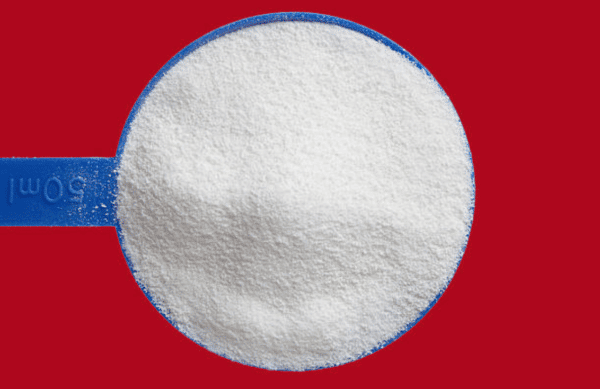
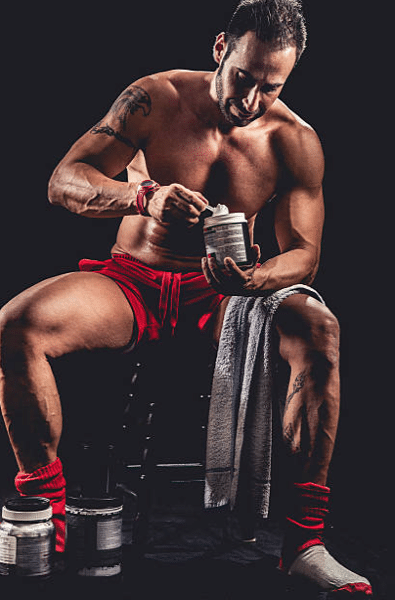

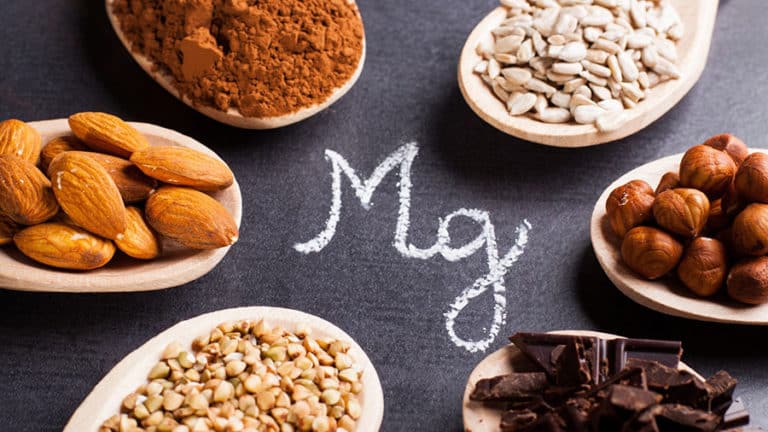
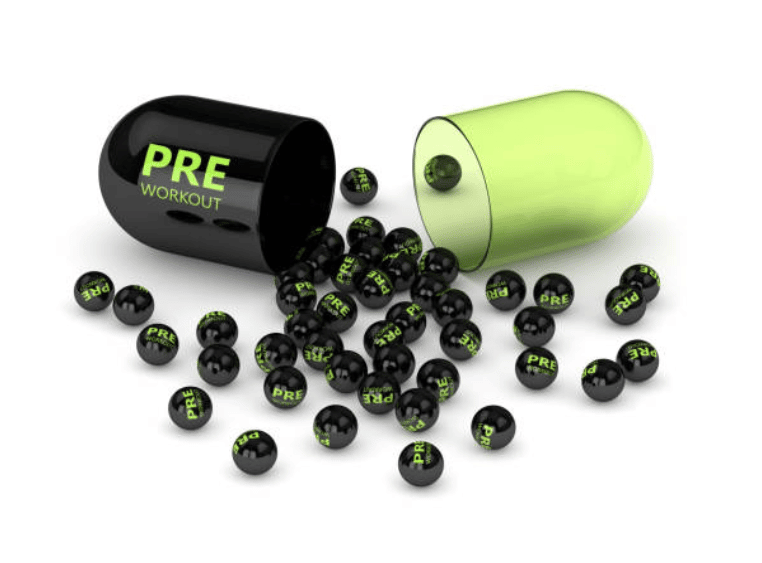


well explained article and thank you for specifying that food supplements are not essential
it's good to be honest and remember that
Hello
Can I use another brand than prozis?